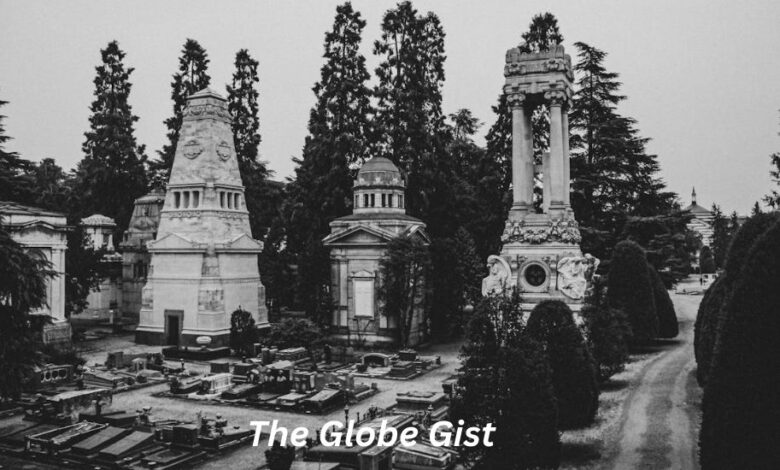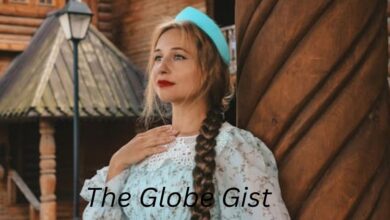Erothto: Meaning, Origins, and Its Role in Modern Wellness and Emotions

The word erothto has recently gained attention across wellness blogs, cultural discussions, and emotional philosophy forums. Though it is not a term rooted in mainstream dictionaries, its growing presence online suggests that it carries profound symbolic, emotional, and even spiritual meanings. Unlike simple words that can be defined in a sentence, erothto is fluid—its interpretations vary from representing emotional longing, to a wellness philosophy, to a symbolic gesture of inquiry and mystery.
Understanding erothto requires a holistic approach, looking at it through the lens of culture, language, psychology, wellness, and personal relationships. This article explores the different dimensions of erothto, its origins, how it is being used today, and why it resonates with modern society.
Historical and Linguistic Roots of Erothto
Although there is no single, universally accepted origin of the word erothto, linguistic scholars and bloggers have speculated on its ties to Greek etymology. Some point toward its similarity to the Greek verb erōtaō, meaning “to ask” or “to inquire.” This interpretation positions erothto as a concept tied to questioning, curiosity, and seeking understanding.
From this perspective, erothto can be seen as more than a word—it becomes an idea that embodies curiosity about emotions, relationships, and the self. Just as language evolves, erothto has transformed into a cultural symbol that communicates subtle feelings and unspoken emotional depth.
Erothto as a Symbol of Emotional Longing
One of the most widely shared interpretations of erothto is that it describes a form of deep emotional desire. Unlike casual attraction or a fleeting crush, erothto conveys a profound longing for closeness—both physical and emotional.
This makes it similar to love but not identical. While love can be long-term, structured, and deeply established, erothto seems to capture the intensity of an emotional spark—the phase where desire is raw, unfiltered, and yet not fully formed into lasting attachment.
Writers and bloggers often use erothto to describe moments of vulnerability in relationships: the look in someone’s eyes, the unspoken yearning to connect, or the magnetic pull between two people. This interpretation highlights erothto as a universal human experience—something that bridges cultures and generations.
Erothto in Wellness and Mindfulness
A surprising but increasingly popular perspective sees erothto as a wellness philosophy. Certain wellness blogs describe erothto as a lifestyle practice designed to balance emotional, physical, and spiritual well-being.
Under this framework, erothto encourages individuals to nurture themselves through:
-
Mindfulness – Practicing meditation, gratitude journaling, or deep breathing each day to strengthen awareness.
-
Nutrition – Eating mindfully and maintaining balance in dietary habits, emphasizing moderation over extremes.
-
Movement – Choosing gentle yet consistent forms of exercise, such as yoga, walking, or stretching.
-
Rest – Honoring the body’s natural rhythms with adequate sleep and restorative practices.
Through these principles, erothto functions as a reminder that wellness is not merely physical health but also emotional resilience and spiritual alignment.
Erothto as a Cultural and Symbolic Concept
Beyond wellness and relationships, erothto has been interpreted as a symbolic or even mythic notion. Some cultural writers suggest that erothto does not need to be defined directly at all. Instead, its power lies in suggestion and mystery.
According to this symbolic perspective, erothto:
-
Opens doors to emotional inquiry rather than providing final answers.
-
Functions like poetry—meant to be felt and reflected upon, not dissected logically.
-
Acts as a reminder that life’s deepest truths are often hidden in subtle, quiet emotions.
This abstract understanding is what makes erothto unique. It can adapt to the speaker’s intent, the listener’s interpretation, and the cultural moment.
Erothto in Modern Communication
In modern times, especially on social media, erothto has found a place in personal expression. Writers, poets, and even everyday users adopt the term to capture emotions that are difficult to name with common language.
For example, in literature and online posts, one might say:
-
“There was a certain erothto in her smile that words could never describe.”
-
“The silence between them carried an erothto of unspoken connection.”
This usage demonstrates how erothto functions as a flexible emotional marker. It is less about exact meaning and more about evoking curiosity, depth, and connection.
Erothto in Relationships and Personal Growth
From a psychological perspective, erothto can also be seen as part of emotional growth. Relationships often begin with longing, questioning, and vulnerability. These phases—though often uncertain—are crucial for building deeper bonds.
Embracing erothto means accepting the uncertainty that comes with emotional closeness. It suggests that rather than fearing vulnerability, one should lean into it, as it allows authenticity and emotional honesty to emerge.
In personal growth, erothto may act as a motivator for:
-
Exploring hidden feelings.
-
Asking difficult questions about one’s desires and relationships.
-
Accepting emotional ambiguity instead of rushing toward fixed answers.
Erothto and the Human Search for Meaning
The universal appeal of erothto lies in its ability to merge different dimensions of human life—love, curiosity, wellness, and symbolism—into one evolving idea. In a world that often seeks clarity and certainty, erothto offers something rare: the permission to dwell in mystery and openness.
It reminds us that not everything needs to be fully understood. Some emotions are meant to be felt, lived, and embraced without labels. In this way, erothto becomes more than a word; it becomes a philosophy of life.
Conclusion
The concept of erothto is fluid, adaptable, and deeply human. Whether understood as emotional longing, a wellness practice, or a cultural symbol, it reflects the complexities of our inner worlds. It teaches us that questions can be more powerful than answers, and that emotions often exist in the space between definition and mystery.
As society becomes more open to holistic health, emotional vulnerability, and spiritual reflection, erothto is likely to continue resonating. It embodies the modern desire to connect deeply—both with others and with ourselves.
At The Globe Gist, we believe that concepts like erothto deserve attention because they enrich our understanding of life’s subtleties and encourage readers to explore their own journeys with openness and curiosity.
Thanks for read our if you like this kind of article visit our site The Globe Gist, and comment us.


